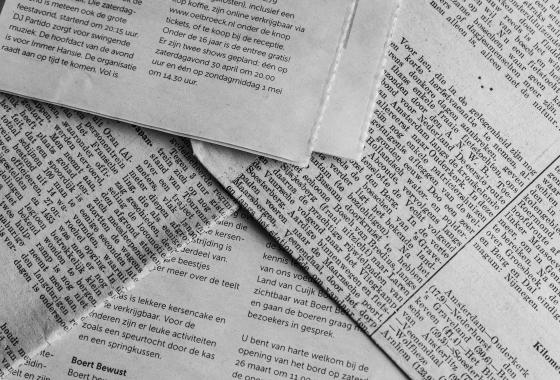
L02E - Boats
Category : Leisure
L02E - Boats
Acquiring a boat
When purchasing a boat bear in mind the requirements for registration and that this will be easier if the boat is of a design already approved in Portugal. Licences are also required to operate a recreational boat. Official dealers will normally be able to provide advice and back up services. The information given below is a guide to current regulations but does not include all details. Before purchasing or using a boat check with the local Harbour Master (Capitania do Porto) about regulations and any restrictions.
The law and boat ownership
All boats over 2.5m must be registered. This is done at the local Harbour Master's Office and requires your identification and proof of purchase, normally a company receipt. When buying from a private owner, you will need the previous owner's registration documents, their identification and a completed form of transfer of ownership. If the boat is being imported, you will require the boat registration documents from the country of origin, and notarised proof of private sale or a sales invoice.
The purchaser has a period of 12 months to register the vessel in his name, which must be immediately sent to the DGRM – Divisão da Frota, to the email address: mail.df@dgrm.mm.gov.pt , by attaching the updated Título de Propriedade.
Boats under 6 metres with outboard engines may be inspected and approved for use by the local Harbour Master. Larger vessels and those with in-board engines require approval in Lisbon. For imported vessels this will require the designs to be submitted for approval before inspection.
The following documents are required on board at all times: the registration document (Livrete de embarcação); water sports licence valid for the boat and the zone (carta de desportista náutico, carta de navegador de recreio); third party insurance (seguro de responsabilidade civil). Insurance is not required for some small boats without motors.
Owners of recreational boats have to pay a lighthouse charge (taxa de farolagem) and stamp duty (imposto de selo). Boats should bear their identification number, name and port of registration.
Yachts, powered boats and small fishing craft
All forms of navigation are prohibited up to 100m from beaches with concessions for swimming and bathing, except in the identified access lanes. Along all other coasts navigation is restricted within 100m of the shore. Vessels may approach the shore, but only at very low speed and only to collect or disembark passengers. Navigation is freely permitted beyond 100m of the shore and in zones identified as anchorages, for navigation or for water sports.
Recreational boats are classified in accordance with their permitted use, as shown in the table following table:
Type | Navigation zone |
1 | Without limit |
2 | Up to 200 miles from the port of registration |
3 | Up to 40 miles from the shore |
4 | Up to 25 miles from the port of registration and up to 6 miles from the shore |
5 | Zones protected from wave action and inland waters. Motor or sailing boats are allowed up to 3 miles from the shore. Rowing boats are allowed up to 1 mile off shore. They are exempt from light signalling as long as they sail between sunrise and sunset. |
Navigation licences
Navigation licences are required in accordance with the type of boat and zone of operation as per the following table. They can be obtained through most recreational boat clubs (such as the Associação Naval Infante de Sagres) which run courses and supervise the examinations.
Navigational zone *ER embarcação de recreio-Recreational Boat | Recreational licence |
Ocean going without limit | Ocean Skipper (Patrão de alto mar) |
enables the holder to navigate to a distance from the coast not exceeding 40 miles; | Coastal Skipper (Patrão de costa) |
Can navigate to a maximum distance of 6 miles from the coast and 25 miles from a safe harbour. | Local Skipper (Patrão local) |
Enables the holder to control the ER* in daytime navigation at a maximum distance of 3 miles from the coast and 10 miles from any port of refuge, with the following limits:
| Basic Skipper (Marinheiro) |
Enables the holder to control the ER* with sail or motor with a length up to 6m and with installed power not exceeding 4.5kW in daytime navigation within 1 mile of the low sea line and 3 miles from any port of refuge. | Junior Skipper (Marinheiro Júnior) |
The List of Recreational of Recreational navigator charts or equivalent documents (titles) can be checked HERE.
You can also check HERE the List of categories of foreign licences or equivalent documents (titles) eligible for recognition or for issuing recreational boater's licences issued without examination.
Marinas clubs
Marinas and clubs can be found through this LINK (these provide moorings and organise races and other competitions, training courses and social events).
Towing a boat
The towing vehicle must carry the appropriate warning signs, and the trailer must carry the appropriate warning lights and reflective panels. Maximum weights and dimensions are laid down in the Highway Code and depend on the specifications of the trailer and the towing vehicle. The recreational navigation licence must be renewed at age 70, every 5 years and from age 80 every 2 years.





